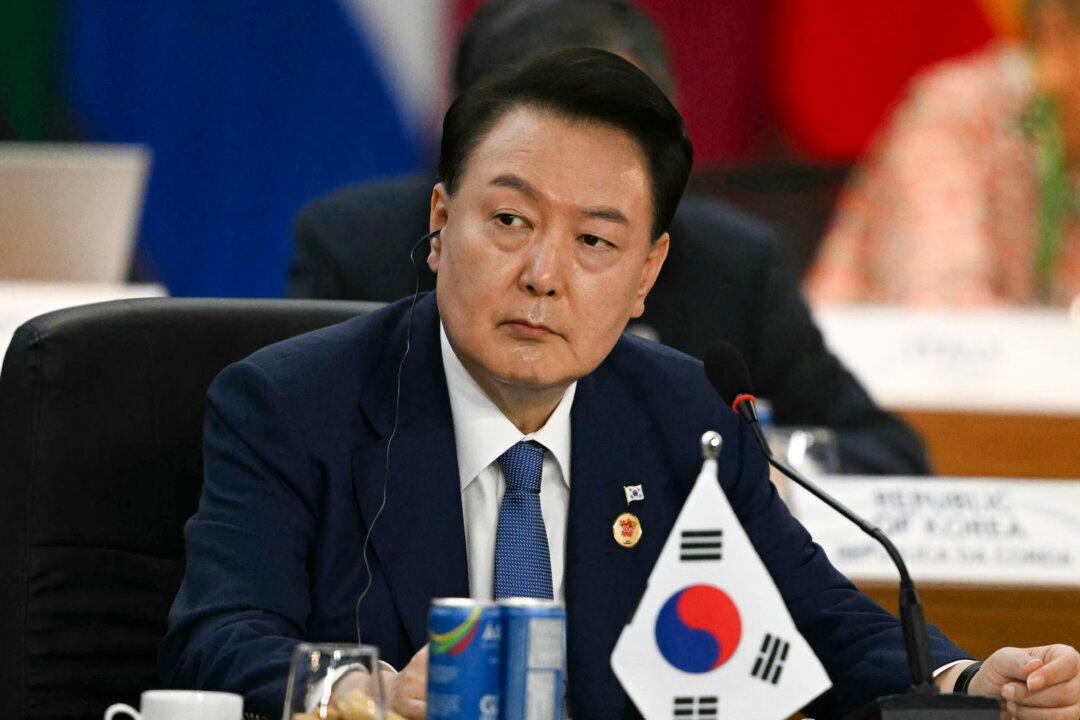A martial law order from South Korean President Yoon Suk Yeol has again put communist influence in the country under the spotlight.
For the first time in nearly four decades, the South Korean leader invoked the authority, accusing the opposing Democratic Party of aligning with communist North Korea. He revoked martial law hours later after parliament voted to lift the order.






